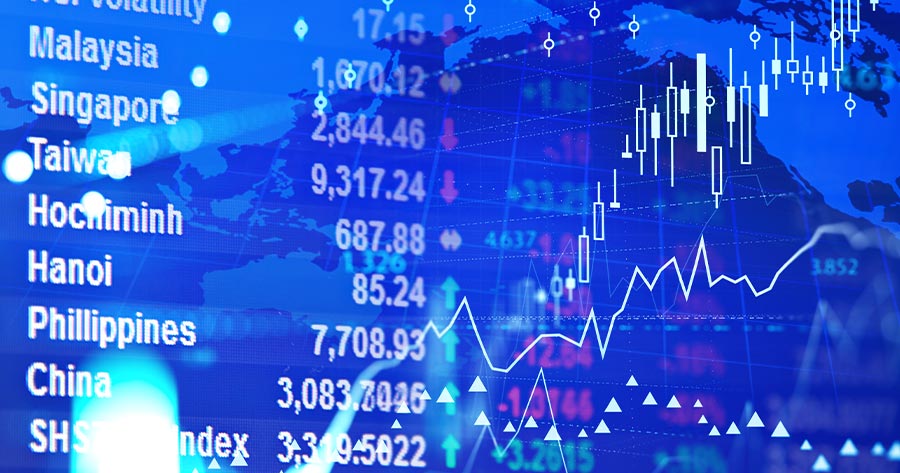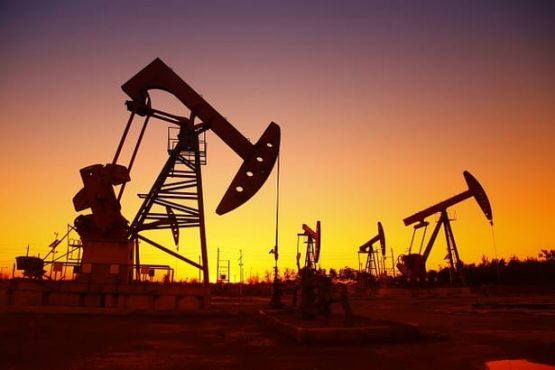On Tuesday morning (25 February, 9:32 AM, GMT+7, Bangkok time), major indices in Asia Pacific decreased, following a drop in Wall Street triggered by concerns over tariffs imposed by Trump, leading investors to sell off stocks to mitigate risks. Meanwhile, market participants were evaluating the decision made by the Bank of Korea regarding interest rates.
The Bank of Korea has reduced interest rates from 3% to 2.75% in an effort to boost a sluggish economy. This is in line with expectations from economists polled by Reuters.
In the U.S., continuing worries surrounding the U.S. President Donald Trump’s trade disputes with significant trading allies persisted, exerting pressure on market sentiment. Trump announced on Monday that tariffs on Canada and Mexico would be enforced once the one-month postponement period expires next week.
Japan’s NIKKEI declined by 0.82% to 38,457.52. South Korea’s KOSPI slid by 0.2% to 2,639.86, and Australia’s ASX 200 contracted by 0.81% to 8,240.8.
As for stocks in China, Shanghai’s SSEC lost 0.5% to 3,356. Hong Kong’s HSI slumped by 1.76% to 22,931.69, and Shenzhen’s SZI plummeted by 1.15% to 10,856.69.
Meanwhile, the US stock markets edged down on Monday as NASDAQ fell by 1.21% to 19,286.92. S&P 500 dipped by 0.5% to 5,983.25, while the Dow Jones Industrial Average (DJIA) climbed by 0.08% to 43,461.21. VIX rose by 4.23% to 18.98.
As for commodities, oil prices settled higher on Monday as new U.S. sanctions against Iran and Iraq’s pledge to offset overproduction raised fears of imminent supply constraints. Brent futures surged 35 cents or 0.5% to $74.78 a barrel, and the West Texas Intermediate (WTI) increased 30 cents or 0.4% to $70.70 per barrel.
This morning, Brent futures added 39 cents or 0.52% to $75.17 a barrel, and the WTI grew 46 cents or 0.65% to $71.16 per barrel.
Meanwhile, gold futures edged up 0.05% to $2,964.8 per Troy ounce.



